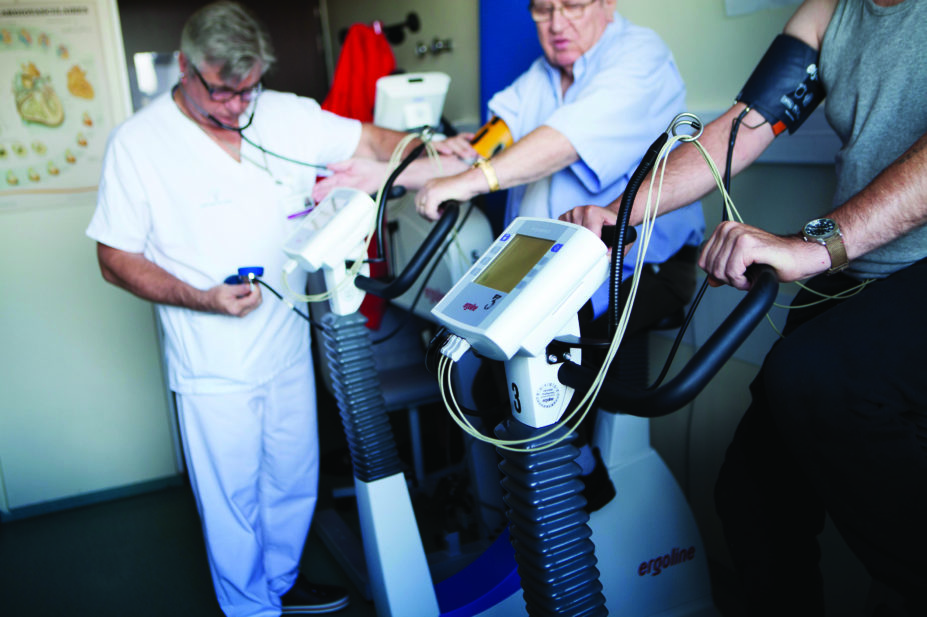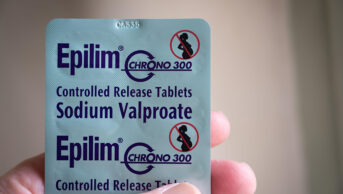
BSIP SA / Alamy Stock Photo
Patients prescribed high-intensity statins following hospitalisation for a myocardial infarction do not continue taking these drugs with high adherence at two years after discharge, according to a study published in JAMA Cardiology
[1]
(online, 19 April 2017).
Researchers found that only 41.6% of patients aged between 66 and 75 years who filled a high intensity statin prescription 30 days after being admitted to hospital after a myocardial infarction, were still taking the medicine as prescribed two years later.
African-American and Hispanic patients, as well as those who were new high statin users, were less likely to have high adherence. They found high adherence was more likely in patients who had dual medical health insurance, completed more cardiology visits post discharge and who took part in cardio rehabilitation.
The authors suggest: “Lower medication costs, cardiologist visits, and cardiac rehabilitation may contribute to improving high intensity statin use and adherence after myocardial infarction.”
Their results were based on an analysis of 29,932 Medicare health insurance patients aged 66 to 75 and 27, 956 aged over 75 who were hospitalised following a myocardial infarction between 2007 and 2012.
All of the patients had filled a prescription for a high intensity statin (atorvastatin 40mg–80mg and rosuvastatin 20mg–40mg) within 30 days of being discharged from hospital.
While 41.6% of patients had high adherence at two years, the researchers discovered that another 8.7% of patients aged between 66 and 75 years had down-titrated to a low or moderate-intensity statin after six months but still maintained high adherence. They also found that 17.3% of patients had low statin adherence at six months and 12.4% discontinued their prescribed statins altogether at six months.
Adherence was measured as a proportion of days covered “of at least 80%”. The trend was similar for patients aged over 75 years, the team found.
Paul Wright, lead cardiac pharmacist at Barts Heart Centre, Barts Health NHS Trust, comments: “It is known that adherence to long-term medication is relatively poor and I am not surprised by the low figures at two years. The longer from the index event (a mycocardial infarction), the less likely patients are going to remain committed to long-term lifestyle changes (including taking medication).”
He also points out there was an increase in adherence year on year over the data collection period 2007–2012.
“This may be as a result of improving access to cardiac rehabilitation and an awareness of the importance in achieving medication adherence with patients.”
References
[1] Colantonio LD, Huang L, Monda KL et al. Adherence to high-intensity statins following a myocardial infarction hospitalization among Medicare beneficiaries. JAMA Cardiol 2017. doi: 10.1001/jamacardio.2017.0911
You may also be interested in

NHS England says PCNs should work with community pharmacy ‘in the best interests of patient care’

People harmed by valproate could receive £100,000 payout, patient safety commissioner says
